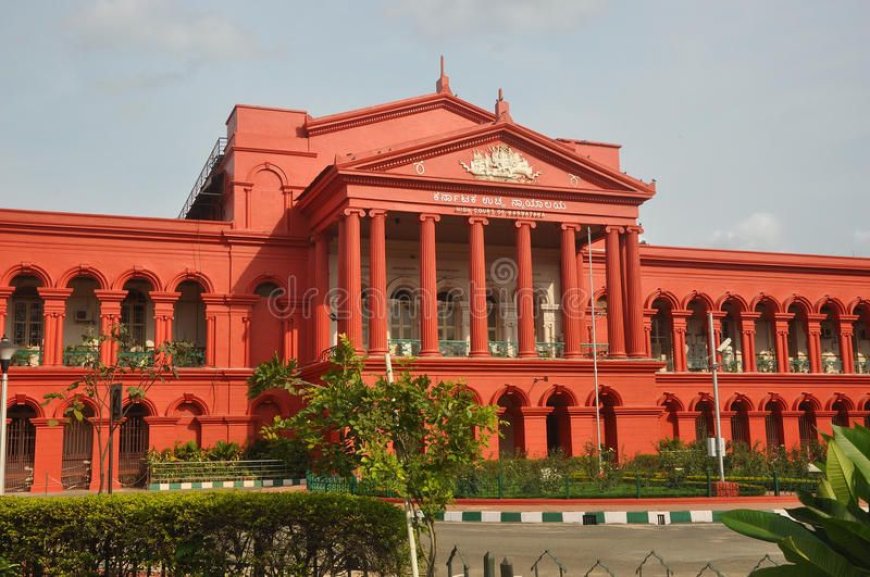After Rajasthan High Court Directions, Asaram Undergoes Health Check-up at Ahmedabad Hospital
Rajasthan High Court directs Asaram’s health check-up at Ahmedabad hospital, balancing justice with humanitarian rights.

Introduction
The legal proceedings involving Asaram, the self-styled godman convicted of sexual assault charges, continue to remain in the public eye. Recently, the Rajasthan High Court directed that Asaram be taken to Ahmedabad for a comprehensive health check-up, citing concerns raised about his deteriorating health. This move has sparked renewed debate about judicial decisions, prisoner rights, and the balance between law enforcement and humanitarian considerations.
History
Asaram was arrested in 2013 and later convicted in 2018 for charges related to sexual assault of a minor. Since then, he has been serving a life sentence in Jodhpur Central Jail. Over the years, he has repeatedly filed petitions for bail and medical relief, often citing health complications as the primary reason. Most of these pleas have been rejected by courts, though in certain cases, medical check-ups have been permitted to ensure transparency and proper health management.
Rajasthan High Court Directions
The High Court, responding to a plea about Asaram’s medical condition, directed that he be shifted under security to an Ahmedabad hospital for a thorough health evaluation. The decision reflects the judiciary’s intent to balance justice with humanitarian concerns, ensuring that even a convicted individual has access to essential healthcare. The court emphasized that denial of medical facilities could raise human rights concerns and ordered close monitoring of the process.
Current Situation
Asaram was taken to a leading hospital in Ahmedabad under heavy security cover. Medical teams are reported to be conducting a detailed health assessment, covering multiple ailments he has claimed to suffer from. The results of this evaluation will determine if further treatment is necessary and whether it should be carried out within a hospital facility or the prison itself.
Reasons Behind the Move
The decision stems from:
-
Multiple health-related petitions filed by Asaram.
-
Medical reports suggesting possible complications that require specialized attention.
-
Judicial responsibility to ensure the right to healthcare, irrespective of conviction status.
High Court’s Final Action
The Rajasthan High Court has not granted bail or parole but limited its intervention to ensuring a medical check-up. It has also directed regular monitoring of Asaram’s health condition while continuing to uphold his imprisonment.
Significance and Updates
-
For the Judiciary: It reinforces the principle of humane treatment for prisoners.
-
For Law Enforcement: It ensures that security arrangements remain strict, preventing misuse of medical visits for personal gain.
-
For the Public: The decision sparks mixed reactions—some view it as a necessary humanitarian step, while others see it as undue leniency.
Advantages and Positive Aspects
-
Ensures healthcare rights are upheld.
-
Demonstrates judicial fairness and balance.
-
Helps maintain transparency in sensitive legal cases.
Disadvantages and Negative Aspects
-
Raises suspicion among victims’ families and the public about possible misuse of medical grounds.
-
May create a perception of favoritism for influential convicts.
-
Increases security and administrative costs for the government.
Final Thoughts and Conclusion
The Rajasthan High Court’s directive to facilitate Asaram’s health check-up highlights the delicate balance between upholding justice and ensuring humanitarian rights. While Asaram remains convicted for serious crimes, the legal system also has a duty to protect his basic rights, including access to medical care. The outcome of this health evaluation will determine the next steps, but the broader debate about prisoner rights, accountability, and public trust continues. Ultimately, such decisions reflect India’s commitment to a rule of law that does not compromise on justice but also does not abandon compassion.

 Ellofacts
Ellofacts 





